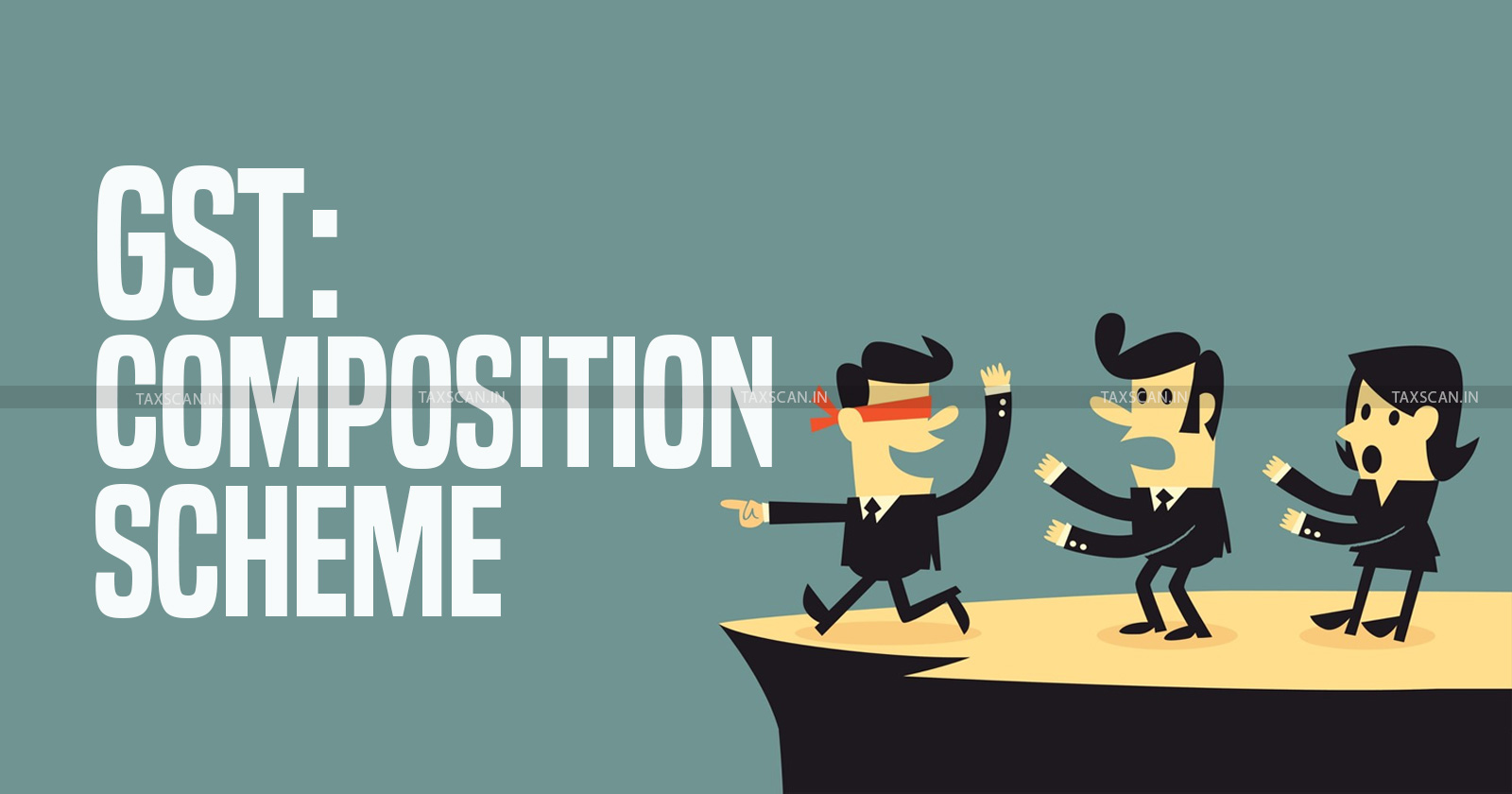GST Composition Scheme: Everything You Need to Know
A comprehensive guide for FY 2025–26 covering eligibility, rates, conditions, compliance, and exemptions

The GST Composition Scheme is a simplified tax compliance mechanism introduced under the Central Goods and Services Tax (CGST) Act, 2017, primarily to ease the tax burden and compliance requirements for small businesses. It allows eligible taxpayers to pay GST at a fixed percentage of their turnover and file returns with minimal formalities.
This scheme is especially beneficial for micro, small, and medium enterprises (MSMEs) that find regular GST compliance, such as filing monthly returns and managing input tax credits, burdensome and costly. By opting into the Composition Scheme, such businesses can focus more on operations and less on complex tax administration. This article provides a complete overview of the scheme, specifically updated for the financial year 2025-26.
1. Legal Framework
The Composition Scheme is governed by Section 10 of the CGST Act, 2017, and Rule 7 of the CGST Rules. Section 10 includes provisions under subsections 10(1), 10(2), and 10(2A), with Rule 7 specifying tax rates and turnover thresholds. Additional compliance procedures are covered under Rules 3 to 6.
Read More: Attention GSTR-1/1A Filers: New Filing Rules You Must Follow
2. Eligibility Criteria and Tax Rates (FY 2025–26)
The scheme is open to manufacturers, traders, restaurants (not serving alcohol), and service providers (under a special provision). The eligibility is primarily based on aggregate turnover in the previous financial year:
| Category | Turnover Limit | Tax Rate (CGST + SGST) | Tax Base |
| Manufacturers | ≤ Rs. 1.5 crore | 1% (0.5% + 0.5%) | On total turnover (including exempt supplies) |
| Traders of Goods | ≤ Rs. 1.5 crore | 1% (0.5% + 0.5%) | On taxable turnover only |
| Restaurants (no alcohol) | ≤ Rs. 1.5 crore | 5% (2.5% + 2.5%) | On total turnover |
| Service Providers | ≤ Rs. 50 lakh | 6% (3% + 3%) | On total turnover (Section 10(2A)) |
Read More: No Consistency in Practice followed by GST Department: Delhi HC directs Revising Present Protocol or Prepare Fresh SOP Including Key 3 Issues [Read Order]
GST Basics You Can’t Afford to Miss! Get clarity today - Click Here
Note:
- Supplies made prior to registration and exempt interest income from loans or deposits are excluded from turnover for eligibility and computation.
- All GSTINs under a single PAN must opt for the scheme uniformly.
3. Conditions and Restrictions
The scheme is straightforward, but it comes with several conditions:
- Interstate supply, supply through a casual taxable person, and non-resident taxable persons are not allowed.
- Manufacturers of notified goods (ice cream, pan masala, tobacco, etc.) are not eligible.
- E-commerce supply is permitted only for intra-state sales of goods (from Oct 1, 2023, as per Notification 36/2023-CT).
- Composition dealers cannot collect tax on invoices or claim Input Tax Credit (ITC).
- If any condition is violated or turnover exceeds the limit, the taxpayer automatically exits the scheme and shifts to the regular regime.
Read More: No Blanket Exemption for SEZs: CESTAT Orders Refund Reassessment, Stresses Need for Proper Documentation [Read Order]
Service Supply Limitation for Manufacturers/Traders:
They can supply services up to 10% of turnover or Rs. 5 lakh (whichever is higher) under a 1% tax rate.
4. Invoicing and Documentation
Composition taxpayers must:
- Issue a bill of supply (not a tax invoice).
- Display “Composition taxable person” prominently on invoices and at their business premises.
- Use 4-digit HSN codes in GSTR-4 filings for B2B invoices (not mandatory for B2C if turnover is below Rs. 5 crore).
GST Basics You Can’t Afford to Miss! Get clarity today - Click Here
5. Compliance Requirements
| Form | Description | Frequency / Trigger | Due Date |
| CMP-02 | Intimation for opting in | Once per FY | Before 31 March |
| ITC-03 | Reverse ITC on stock & capital goods | With CMP-02 | Within 60 days |
| CMP-08 | Quarterly tax payment statement | Quarterly | 18th of next month |
| GSTR-4 | Annual return | Yearly | 30th June of next FY |
| CMP-04 | Intimation for exiting scheme | On ineligibility | Within 7 days |
| ITC-01 | Claim ITC on stock (after exit) | On switching to regular | Within 30 days |
Read More: CESTAT Allows 100% CENVAT Credit to Rambagh Palace Hotel, Holds IHCL Services Were Management Consultancy [Read Order]
6. Late Fees and Interest
- GSTR-4: Rs. 50/day (Rs. 25 CGST + Rs. 25 SGST); max Rs. 2,000. Nil return late fee: Rs. 10/day; max Rs. 500.
- CMP-08: No late fee, but interest is payable on delayed tax payments.
7. Reverse Charge Mechanism (RCM) and Exemptions
- Composition dealers are not liable under RCM for:
- Renting of immovable property
- Security services
- For other notified supplies under Sections 9(3) and 9(4) (like GTA or legal services), GST must be paid under RCM, and no ITC can be claimed. The tax becomes a cost to the business.
Conclusion
The GST Composition Scheme is ideal for small businesses aiming to reduce their compliance burden and tax outgo. The tax rates are lower, and return filing is simpler; businesses must ensure strict adherence to turnover limits, eligibility conditions, and compliance timelines. Missteps can lead to disqualification from the scheme and additional tax liabilities. As of FY 2025-26, service providers also have the option to opt in under Section 10(2A), making the scheme even more inclusive.
Support our journalism by subscribing to Taxscan premium. Follow us on Telegram for quick updates


